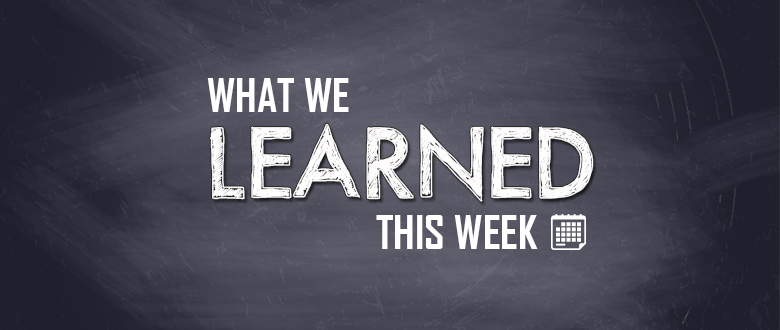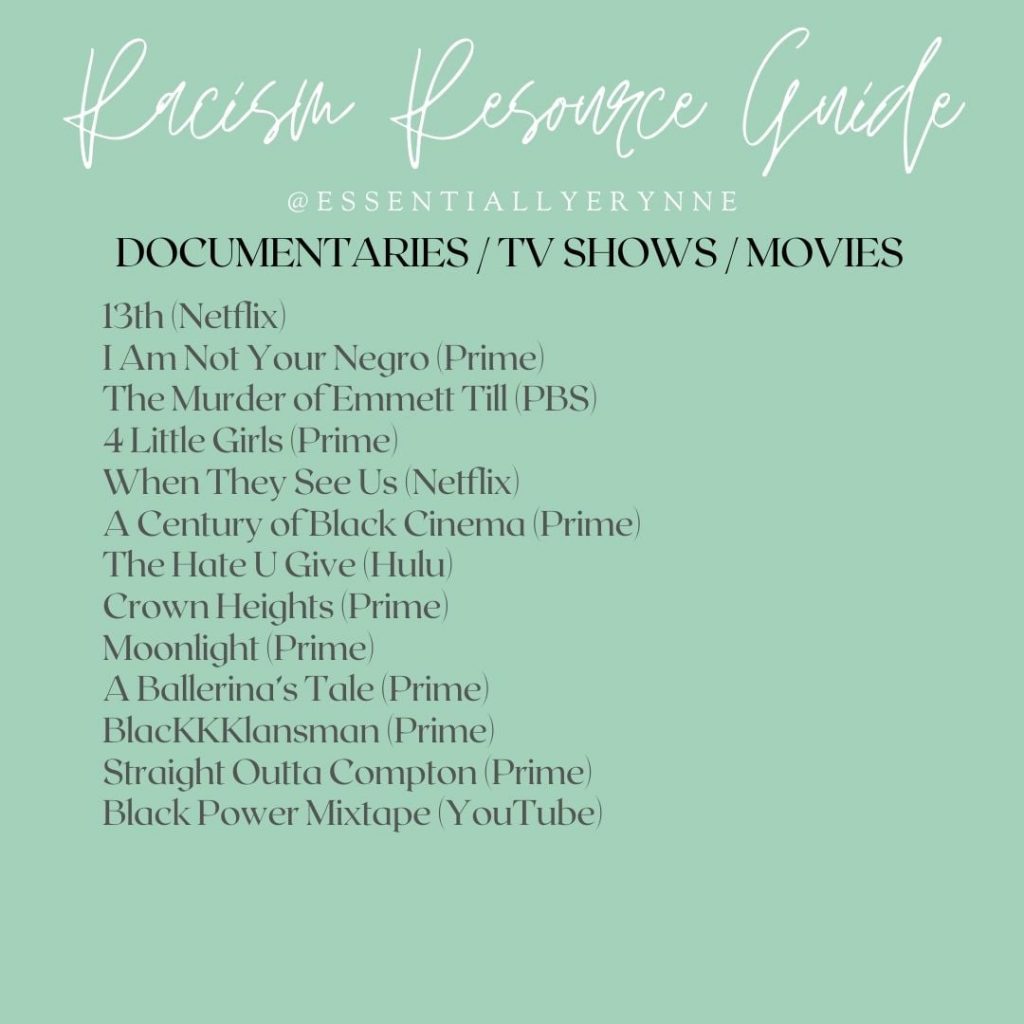SOAPBOX SPECIAL: The New Future of Movie Theaters
During this last month or so of our collective national and international quarantine, I’ve been holding the topic of re-opening movie theaters from my usual “What We Learned This Week” columns for a “Soapbox Special.” There have been so many articles, so many perspectives, and so many rapidly evolving updates and changes that I couldn’t distill them down into one little lesson or column entry.
With several regions of America starting to re-open (including my own state of Illinois and city of Chicago), it was time to get on the stump and arm the cannons. I put some of what follows into spoken word recently on an episode of Mike Crowley’s “You’’ll Probably Agree” podcast, but the issue has grown since then. Click into the multitude of links in the lessons for the deeper referenced stories. They are well worth their reads and your attention. The theme of this all can be summarized as cautiously optimistic.
LESSON #1: WHAT WOULD IT TAKE TO GO BACK TO THEATERS— I’ll open this rant back in late May with polling from Variety. It featured a survey of consumer comfort. Here are some bulleted results in numerical order:
- 91% requested hand sanitizer stations
- 90% say the most important factor is a cure for COVID-19.
- 86% supported limited screenings for cleaning time
- 75% support employees temperature checks
- 70% would rather watch a first-run feature at home
- 61% would feel better about mandatory face coverings
- 60% support audience temperature checks
- 47% were comfortable buying concessions
- 46% were comfortable using public restrooms at theaters
There’s more there in that article, but those were the highlights. Beyond even that poll, you’ve got more and more segments of the population who won’t feel comfortable with any public event, let alone a movie, without a vaccine in place. Putting any number of these initiatives in place would be costly, especially for theater chain companies reeling on the edge of bankruptcy.
LESSON #2: WHAT DOES THAT FUTURE LOOK LIKE— Any of those changes from Lesson #1 would make for a very different setting than the “normal” way we’ve been going to the movies for the last century. Many editorials and articles (Seattle Times in May, Vulture in May, and Quartz in June) have tried to talk that out exhaustively with every guess in the clouds. For example, many of us have embraced reserved seating as a way to select our spots, skip crowds, and guarantee seats even if we walk in last minute to avoid 20 minutes of senseless trailers (I know that’s not just me, *wink*). The activity timeline changes upward if we are to stand in a line for temperature checks and even downward if there are no concession lines or needs anymore, which is a tremendous business hit to the theater chains that have been bolstering their kitchen capabilities and choices beyond candy and popcorn for the better part of the last two decades. The other word in there everyone wants to avoid is “crowds.” Can that be accomplished with roped off sections, skipped seats, or an all-reserved seating model (which some older theaters don’t fully have)? In the meantime, you’ve got companies fumbling financial footballs and poking public outcry bears (bravo Michael Phillips) over requiring or not requiring masks (and reversing courses) and other measures before they even open. Do you really trust them to get all of this right on the first try here in July?
LESSON #3: THE OPTION OF AUTOMATION— Piggybacking off of Lesson #2, one potential solution could be artificial intelligence, as crazy at that sounds. According to Variety in May, some theaters in Korea were considering “contact-free” technology. Theater chain CJ-CGV replaced its human staff with AI robots and automated kiosks for scanning and handling ticket transactions. Concession stands were replaced with app-powered and LED-controlled pick-up/delivery boxes. Leave it to tech-savvy Asia to be the tip of that spear. Could the likes of AMC or Regal pull stuff like that off, again, while teetering on financial failure? How do data-danger-minded consumers feel about that?
LESSON #4: COMPANY SURVIVAL IS PERILOUS— The first three lessons constitute a forecast and some great ideas, but who or what can afford those measures? After months of virtually complete closure, save for some door-front concession hawking, large theater chains, especially AMC (which includes the Carmike brand), are in the financial toilet. Bailouts and loans are hard to come by and “junk” status is hitting stock reports. You even have Amazon interested in gobbling up AMC, which would be quite interesting. It may require a rescue such as that. This peril is international as well with CineEurope reporting a possible $20-31 billion loss for the year. Even reopening isn’t an instant cure. The majority of profits for these companies are dependent on concessions because of the high ticket receipt percentages going back to the studios, a gouge that has been increasing over the years at the high blockbuster level (Thanks, Disney). If the food areas are closed due to viral fears and health code regulations, that destroys earnings. 50% capacities of social-distanced seating doesn’t help theaters either. Even 50% might be optimistic. There are theaters opening at barely 25% capacity.
LESSON #5: “TOO BIG TO FAIL” IS LOOKING FAILURE STRAIGHT IN THE FACE— And with that we reach the studios’ level of wallet hit with an inactive theater distribution market. Even with their demanded big bites of the pie, half-filled (or less) theaters do not help them either. This is especially the case at the blockbuster level. No matter the anticipation demand or potential staying power of a really big hit flick with less competition, it is exponentially harder to recoup $200 million-budgeted tentpoles and their $100+ million marketing campaigns if sizable fractions of the screens holding butts are gone or entire chains are shuttered. That’s why the really big stuff like Tenet, Mulan, Fast 9, No Time to Die, and more are not automatically landing on streaming services or VOD outlets. Even at a Trolls: World Tour-equivalent $20 price tag per rental (and its modest success), those giants cannot recoup those huge red balances versus getting a ticket for every head instead of every household. A little thing like The Lovebirds or Irresistible can land in the green with VOD, but not Wonder Woman or Black Widow. A business with a blockbuster class level of movies that once looked too big to fail making its worldwide billions is now failing because they have no place to go and no one able to come to their shows.
LESSON #6: STUDIOS DID SOME THIS TO THEMSELVES— Believe it or not, the studios have slowly damaged their own theatrical success/potential for years with the incremental shortening of the windows between big-screen premieres and home media release dates. Folks my age remember the months of interminable wait back in the VHS and cable TV eras before streaming services were even a glimmer in someone’s eye. For example, Forrest Gump hit theaters over the July 4th weekend of 1994. It didn’t land on VHS until late April 1995 after a long theatrical run and a winter Oscar bump. After that, it wouldn’t hit paid cable for another bunch of months and then years before basic cable made it “free.” By comparison, Joker opened on the first weekend of October last year, hit store shelves the first weekend of January 2020, and no one cares if it comes to HBO or Showtime because Netflix, Hulu, or VOD is cheaper and better. What used to be six months at the minimum (or even an entire year if you were a Disney release) has shrunk to merely 90 days on average. Sure, both Forrest Gump and Joker raked for their times, but it’s an indictment on patience versus money-grabbing. People that are willing to wait can now weather a pretty comfortable amount of time compared to the past for their 4K players and big-screen TVs in their dens. In our current COVID-19 state, we’ve all got nothing but time on our hands to do just that. Why risk health if personal patience versus some “fear of missing out” can pay one $20-30 digital download/disc price to watch a movie repeatedly instead of hauling the entire family plus concessions once, especially for something they don’t deem “big screen worthy?” The studios trying to keep the buzz constant with shorter waits will now see leverage backfire in favor of the consumer. For a current case of that, just look at Disney/Pixar’s Onward and the mere weeks it took to cave from the VOD rental level to dismissively dishing it to everyone in Disney+. With studios building their own streaming shingles, you’re going to see more of that or see more wins for Netflix, Hulu, and Amazon.
LESSON #7: THE PRICE POINT OF DIGITAL— Let’s go further with the digital wants of consumers versus the new risks and hassles of theaters. Circling back to that opening Variety polling again, remember that 70% would rather watch a first-run feature at home. And that was back in May. Imagine now knocking on the door of Independence Day, no matter how much antsy-pant anticipation and hope is out there. That same Variety polling screened respondents on online pricing with some keen results. It asked how much a “reasonable” price would be to stream top-quality productions in their home. Here are those results in numerical rank:
- 47%- $10
- 20%- $20
- 19%- only if it was free
- 6%- $30
- 3%- $40
- 1%- $50, $60, or $80%
That’s 67% holding firm at $20 or under and studios need to do their own projections of math. Regardless, welcome to a more than a little bit of the #firstworldproblems portion of this entire “Soapbox Special.” Movies are wants, not needs, period. They are lovely fulfillment, but non-essential. For every one of those 6% hardcore FilmBros and cinephiles with the disposable income to drop $40 or more to see their precious Christopher Nolan film, over 95% aren’t budging or can’t afford it. Check your privilege.
LESSON #8: ADAPT OR DIE— One way or another, change is needed at the highest level that trickles down to every screen in America. A popular industry that has weathered the advent of television, cable, and now streaming opponents and competition in its century of existence should be able to survive this. Or can they? With the Paramount Accords lapsed, is it time for studios to buy or build their own sustainable theaters to show off their own wares and keep all the profits they used to share with the chains? If studios instead mine the digital landscape successfully, do we really need multiplexes anymore? That is a question posed recently in The New Yorker by Richard Brody in a good read. They’ll need smaller budgeted films to do that, scaling so many things down. Go back to the roots. You can make a dozen solid indies or five or more star-driven mid-budget programmers like the industry used to do in the 1990s with the cost of a single MCU film. Reverting back to that level of business would require some baths and haircuts, but it would rescue the industry. It’s time to embrace those needs. In another angle, columnist Nick Clement on Back to Movies says the film industry is “f–ked.” In many respects, I highly agree with him and his fantastic stump piece speaking on unemployment and the public state of some of those aforementioned #firstworldproblems. Time and patience are the biggest needs.
LESSON #9: “ABSENCE AWAY MAKES THE HEART GROW FONDER”— I’ve used this lesson before in “What We Learned This Week” and it’s time to end with it again. Shed away all the polling and conjecture. We all know the love for movies is there or we wouldn’t be talking about it. Look at the success of early openings and the lined-around-the-block comeback of drive-in movie theaters. It will be a topsy-turvy year, without question, even with a full return. We’ve had a zero-budget film named Unsubscribe streaking at an empty box office only to be dethroned by revival screenings of Jurassic Park putting it back to #1 in the nation, George Foreman-style, 27 years after it last ruled the multiplexes. If the year ended today, Bad Boys For Life would get the “biggest movie of 2020” championship belt in the record books. Just like Field of Dreams says, “people will come.” They just need to wait. Everyone, for that matter, from the greedy studio execs and sidelined movie stars to the lowly theater ushers and concession stand workers, needs to wait. This has sucked and it will keep on sucking, but the best answer is to wait and get through this better and healthier, personally and financially, than rushing and screwing it all up. The movies will be there. We want all the people to be there too.
 DON SHANAHAN is a Chicago-based and Rotten Tomatoes-approved film critic writing on his website Every Movie Has a Lesson. His movie review work is also published on 25YL (25 Years Later) and also on Medium.com for the MovieTime Guru publication. As an educator by day, Don writes his movie reviews with life lessons in mind, from the serious to the farcical. He is a proud director and one of the founders of the Chicago Independent Film Critics Circle and a member of the nationally-recognized Online Film Critics Society. As a contributor here on Feelin’ Film now for over two years, he’s going to expand those lessons to current movie news and trends while chipping in with guest spots and co-hosting duties, including the previous “Connecting with Classics” podcasts. Find “Every Movie Has a Lesson” on Facebook, Twitter, and Medium to follow his work. (#135)
DON SHANAHAN is a Chicago-based and Rotten Tomatoes-approved film critic writing on his website Every Movie Has a Lesson. His movie review work is also published on 25YL (25 Years Later) and also on Medium.com for the MovieTime Guru publication. As an educator by day, Don writes his movie reviews with life lessons in mind, from the serious to the farcical. He is a proud director and one of the founders of the Chicago Independent Film Critics Circle and a member of the nationally-recognized Online Film Critics Society. As a contributor here on Feelin’ Film now for over two years, he’s going to expand those lessons to current movie news and trends while chipping in with guest spots and co-hosting duties, including the previous “Connecting with Classics” podcasts. Find “Every Movie Has a Lesson” on Facebook, Twitter, and Medium to follow his work. (#135)
 DON SHANAHAN is a Chicago-based and Rotten Tomatoes-approved film critic writing on his website Every Movie Has a Lesson. His movie review work is also published on 25YL (25 Years Later) and also on Medium.com for the MovieTime Guru publication. As an educator by day, Don writes his movie reviews with life lessons in mind, from the serious to the farcical. He is a proud director and one of the founders of the Chicago Independent Film Critics Circle and a member of the nationally-recognized Online Film Critics Society. As a contributor here on Feelin’ Film now for over two years, he’s going to expand those lessons to current movie news and trends while chipping in with guest spots and co-hosting duties, including the previous “Connecting with Classics” podcasts. Find “Every Movie Has a Lesson” on Facebook, Twitter, and Medium to follow his work. (#140)
DON SHANAHAN is a Chicago-based and Rotten Tomatoes-approved film critic writing on his website Every Movie Has a Lesson. His movie review work is also published on 25YL (25 Years Later) and also on Medium.com for the MovieTime Guru publication. As an educator by day, Don writes his movie reviews with life lessons in mind, from the serious to the farcical. He is a proud director and one of the founders of the Chicago Independent Film Critics Circle and a member of the nationally-recognized Online Film Critics Society. As a contributor here on Feelin’ Film now for over two years, he’s going to expand those lessons to current movie news and trends while chipping in with guest spots and co-hosting duties, including the previous “Connecting with Classics” podcasts. Find “Every Movie Has a Lesson” on Facebook, Twitter, and Medium to follow his work. (#140)


